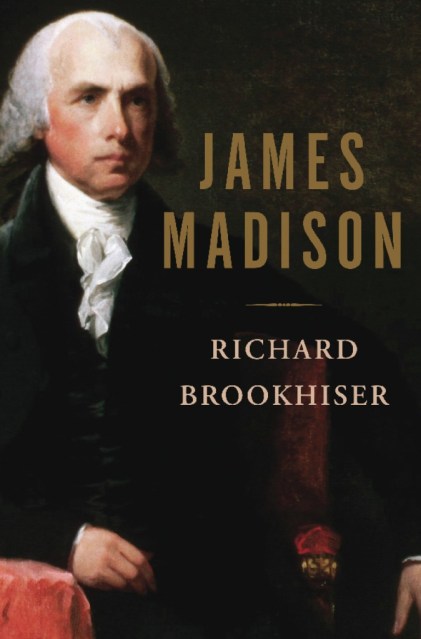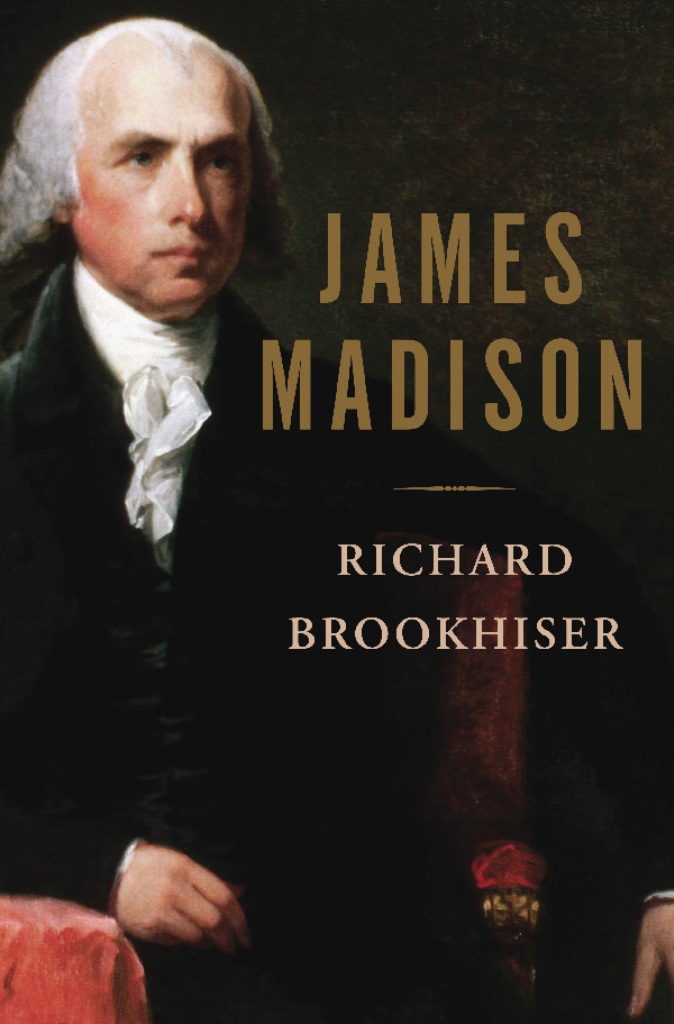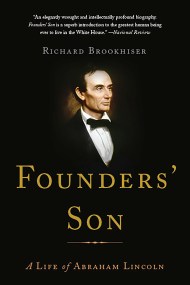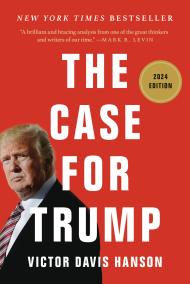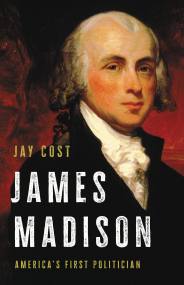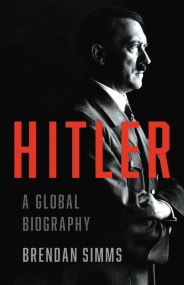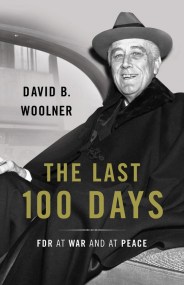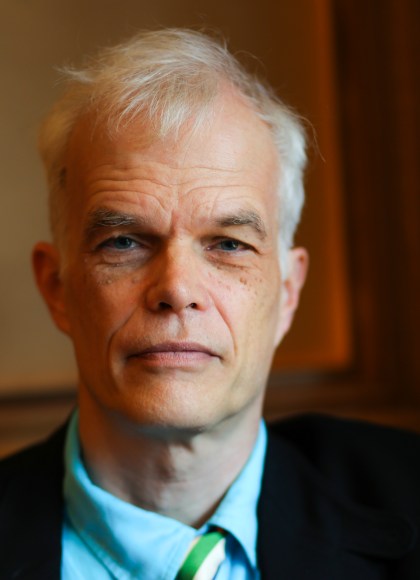By clicking “Accept,” you agree to the use of cookies and similar technologies on your device as set forth in our Cookie Policy and our Privacy Policy. Please note that certain cookies are essential for this website to function properly and do not require user consent to be deployed.
James Madison
Contributors
Formats and Prices
- On Sale
- Sep 27, 2011
- Page Count
- 304 pages
- Publisher
- Basic Books
- ISBN-13
- 9780465027996
Price
$13.99Price
$17.99 CADFormat
Format:
- ebook $13.99 $17.99 CAD
- Trade Paperback $19.99 $25.99 CAD
This item is a preorder. Your payment method will be charged immediately, and the product is expected to ship on or around September 27, 2011. This date is subject to change due to shipping delays beyond our control.
Buy from Other Retailers:
In this penetrating biography, eminent historian Richard Brookhiser presents a vivid portrait of the “Father of the Constitution,” an accomplished yet humble statesman who nourished Americans’ fledgling liberty and vigorously defended the laws that have preserved it to this day.
-
"[Brookhiser's] sprightly narrative will serve as an entertaining introduction for those who are making their first acquaintance with Madison."Richard Beeman, New York Times Book Review
-
"Brookhiser is a remarkable biographer--there are no wasted words in this slim volume, but plenty of fascinating insights."Michael Schaub, NPR
-
"Concise and highly readable.... [Brookhiser] conveys the man in full."Wall Street Journal
-
"Brookhiser's engaging biography gives readers a deeper understanding of who [Madison] was."Walter Russell Mead, Foreign Affairs
-
"In this congenial biography, the fourth President does indeed shine.... [Brookhiser's] descriptions...combine sentiment and anecdote in irresistible proportion."NewYorker
Newsletter Signup
By clicking ‘Sign Up,’ I acknowledge that I have read and agree to Hachette Book Group’s Privacy Policy and Terms of Use
